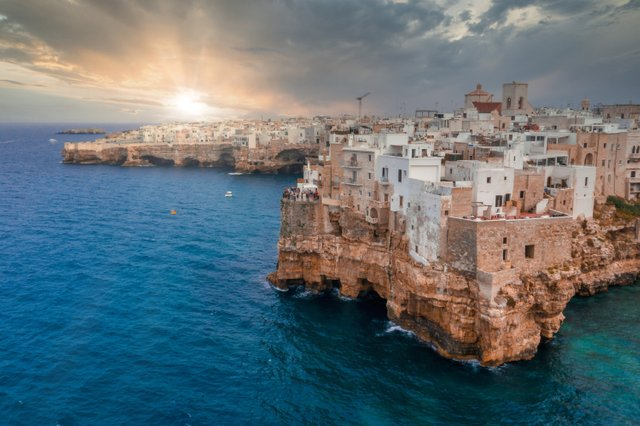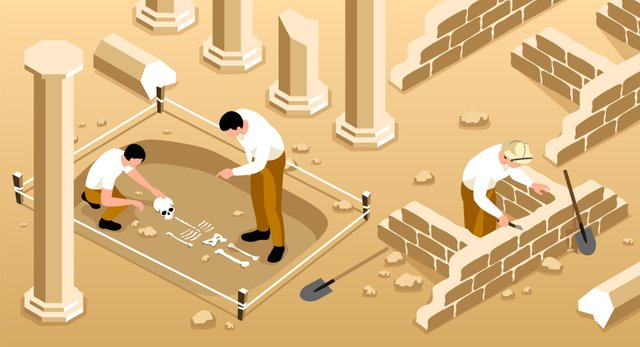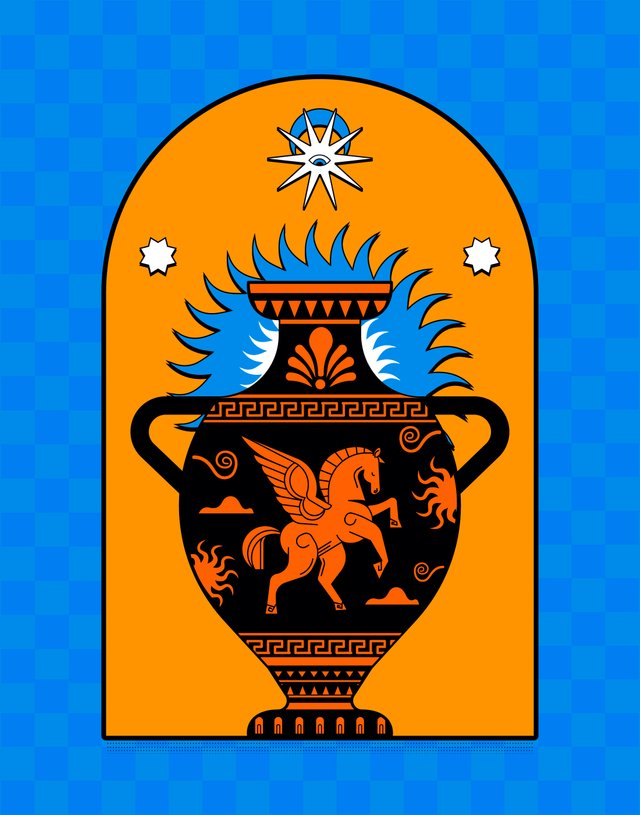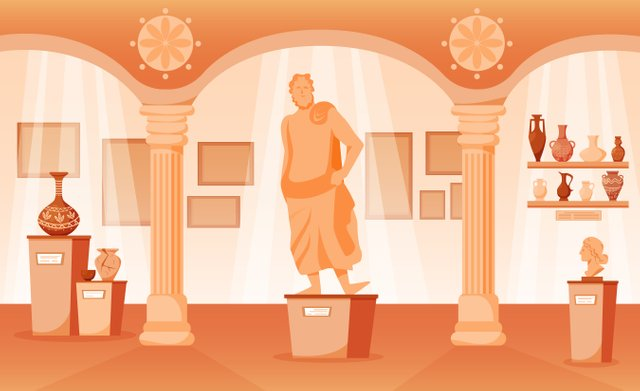
Immagine di wirestock su Freepik
Hello friends, today let's take a trip to Puglia, specifically to Taranto. Founded eight centuries before the birth of Christ by the Spartans, Taranto inherited strength and determination from them. It was the last city of Magna Graecia to fall under the rule of ancient Romans. Taranto became one of the most important cities in ancient Greece due to its strategic location and fertile soil, producing highly nutritious fruits. Taranto gave birth to great intellectuals and many athletes, whose remarkable sporting achievements became famous among their contemporaries. The tomb of one of these ancient sports celebrities has reached us and was discovered today, December 9, in 1959, during excavations for a new building on Via Genova, in the heart of the city of Taranto. This burial is the only one, among those dedicated to an athlete, of which the entire funerary equipment, including the sarcophagus, has been recovered so far. One could say it's the Tutankhamun of ancient Greek athletes! Currently, these precious artifacts are preserved and visible at the National Archaeological Museum of Taranto, along with many others significant for understanding the ancient and fascinating history of this lively Apulian city. What is now commonly known as the "Athlete of Taranto" was a man with exceptional athletic abilities, probably living in the 5th century B.C. It is said that he won several times in various Pentathlon events, a very challenging sports competition that included running, long jump, discus throw, javelin throw, and wrestling. The Athlete of Taranto seems to have participated in the Great Panathenaic Games, the sports competitions held every four years in Athens. And do you know what the winners of the games received as a prize? An amphora depicting the sports disciplines of the games, filled with oil obtained from pressing the olives, the fruit of the centuries-old sacred trees of the goddess Athena. I wonder if this oil was then consumed by the winning athletes to dress salads as an elixir of strength and long life or to massage sore muscles after the hardships of these sporting feats! Despite the oil of Athena and a life dedicated to training and perfecting the body, from the analysis of the skeleton found in the tomb, it seems that the "Athlete of Taranto" died rather young, before the age of 35, perhaps due to the severity of the training, whether as an act of extreme devotion to the gods who endowed him with extraordinary physical prowess or to satisfy his competitive spirit. Thank you for reading, see you soon! info: https://museotaranto.cultura.gov.it/it/magazine/tomba-dellatleta/
Immagine di macrovector su Freepik
Immagine di Freepik
Immagine di pikisuperstar su Freepik
Immagine di pikisuperstar su Freepik
Immagine di macrovector su Freepik


